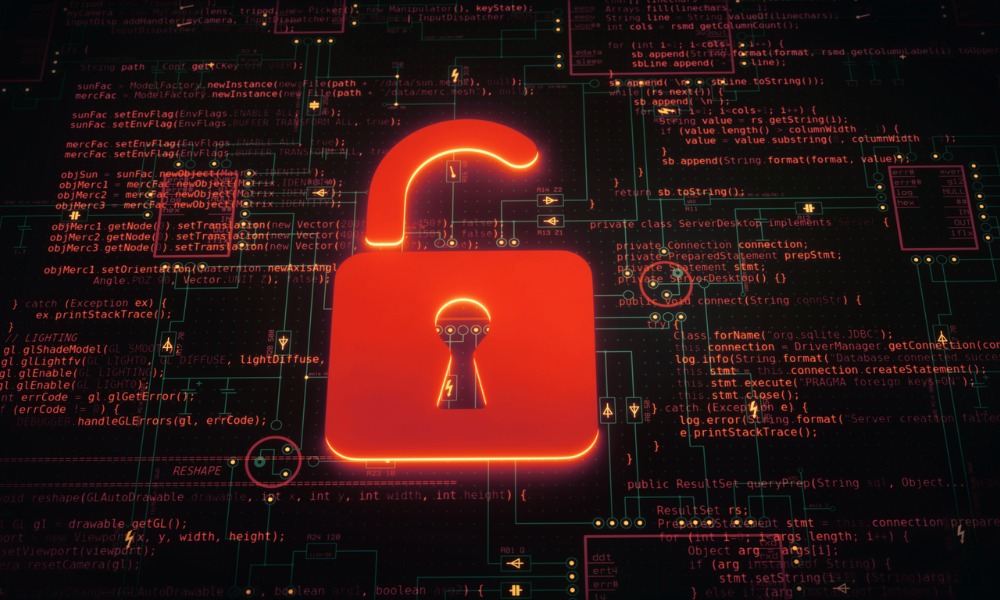HR is being urged to embrace more digital solutions, but what does this mean in terms of document signing? Shaun Lee, supervising associate at JWS Asia Law Corporation, outlines the legal ramifications of the ‘e-signature’ era

HR is being urged to embrace more digital solutions, but what does this mean in terms of document signing? Shaun Lee, supervising associate at JWS Asia Law Corporation, outlines the legal ramifications of the ‘e-signature’ era
- There’s a push for more HR processes to embrace digital. Legally, what should HR be aware of when it comes to electronic signatures on employment contracts?
- What are some of the risks involved in going purely digital with company contracts and records?
The act places a distinction between a simple electronic signature and a secure electronic signature. The requirements of a secure electronic signature are that it can be verified that the signature was, at the time it was made:
(a) Unique to the person using it
(b) Capable of identifying such person
(c) Created in a manner or using a means under the sole control of the person using it
(d) Linked to the electronic record to which it relates in a manner such that if the record was changed the electronic signature would be invalidated
HR can further look to the act for guidance on what constitutes a commercially reasonable security procedure, which can be used to create secure electronic records or secured electronic signatures.
The act provides that whether a security procedure is commercially reasonable is to be determined by having regard to the purposes of the procedure and the commercial circumstances at the time the procedure was used, including the:
(a) Nature of the transaction
(b) Sophistication of the parties
(c) Volume of similar transactions engaged in by either or all parties
(d) Availability of alternatives offered to but rejected by any party
(e) Cost of alternative procedures
(f) Procedures in general use for similar types of transactions
Alternatively, HR could also look towards digital signatures solutions backed by a certifi cation authority that has been accredited by the Infocomm Media Development Authority’s Controller of Certifi cation Authorities. Such digital signatures are treated as secure electronic signatures under the act.
 Shaun Lee
Shaun LeeSupervising associate
JWS ASIA LAW CORPORATION





